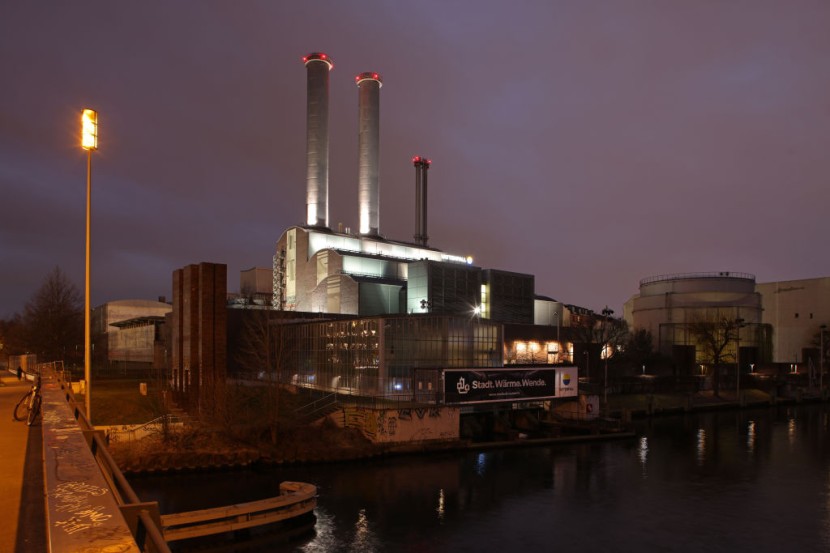
Europe's largest economy has officially run out of natural gas and is implementing a contingency plan to conserve supplies ahead of winter as Russia shuts down the taps.
Germany started the second stage of its three-stage gas emergency program on Thursday, bringing it one step closer to restricting supply to industry - a move that would be devastating to the country's manufacturing heartland.
Energy Crisis Rises in Europe Amid Russia-Ukraine War
This month, Russia significantly restricted supply to Germany, Italy, and other European Union countries, escalating Europe's energy crisis. Last week, Russia's national gas corporation Gazprom cut flows through the Nord Stream 1 pipeline to Germany by 60%, blaming the action on the West's decision to withhold crucial turbines due to sanctions. Gazprom has curtailed its shipments by 15%, according to the Italian energy company ENI.
Russian gas supply curbs have so far affected twelve EU nations, according to Frans Timmermans, the EU's climate policy leader. Habeck urged Germans to cut back on their spending as part of a national effort to prepare for the "upcoming winter months."
The German government's decision to elevate the level of alarm comes in response to the reduction in Russian supply made since June 14 and the persistent high market price for gas, he noted, according to CNN.
Russia has denied that the gas supply cuts were intentional, blaming a delay in the return of serviced equipment caused by Western sanctions. On Thursday, the Kremlin stated that Russia remains a reliable energy provider and strictly performs all its duties to Europe.
Berlin will give a credit line of 15 billion euros ($15.76 billion) under its Phase 2 plan to fill gas storage facilities. It will introduce a gas auction model this summer to encourage industrial customers to preserve gas.
When there is a significant likelihood of long-term supply shortages, the government triggers the second alarm stage of a three-stage emergency plan. It includes a provision that allows utilities to promptly pass on high charges to industry and families, helping to reduce demand.
Read Also : Experts Depict How China Could Destroy US Bases as Beijing, Washington Spat Over Suspected Taiwan Invasion
Russia Might Cut Gas Flows Across Germany
Since last week, when Gazprom reduced flows via the Nord Stream 1 pipeline over the Baltic Sea to barely 40% of capacity, speculation has centered on transitioning to the next phase. Faced with declining deliveries from its primary supplier Russia, Germany has been in Phase 1 of its emergency plan since late March, which involves greater monitoring of daily flows and an emphasis on filling gas storage facilities.
The market can still function in the second stage without the necessity for governmental involvement, which would occur in the last emergency stage. The European benchmark, Dutch wholesale gas prices, jumped as much as 8% on Thursday, Reuters reported.
Russian gas deliveries to Europe via Nord Stream 1 and Ukraine were constant on Thursday, but reverse flows on the Yamal pipeline increased, according to operator statistics.
Several European nations have announced plans to endure a supply constraint and avoid winter energy shortages and a jump in inflation, which may put the continent's commitment to maintaining sanctions against Russia to the test.
As they prepare for the possibility of running out of Russian gas, German corporations have been forced to consider harsh production cuts and the use of harmful kinds of energy that were previously unimaginable.
The European Union signaled on Wednesday that it would temporarily turn to coal to fill energy gaps while calling Moscow's gas supply cuts rogue moves. The bloc's climate policy chief Frans Timmermans said on Thursday that ten of the EU's 27 member countries had issued an "early warning" on gas supply, the first and least severe of three crisis levels identified in EU energy security regulations, as per Daily Mail.
Related Article : Ukraine War: Snake Island Attack Deals 'Significant Losses' to Russia; Satellite Images Show Major Damage
© 2026 HNGN, All rights reserved. Do not reproduce without permission.








